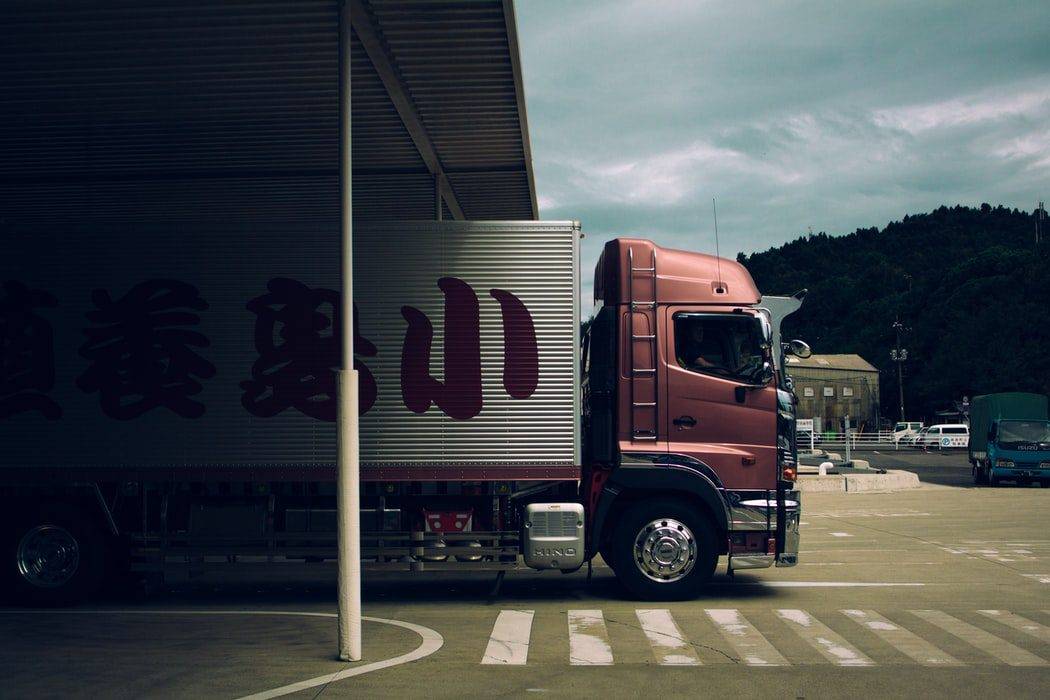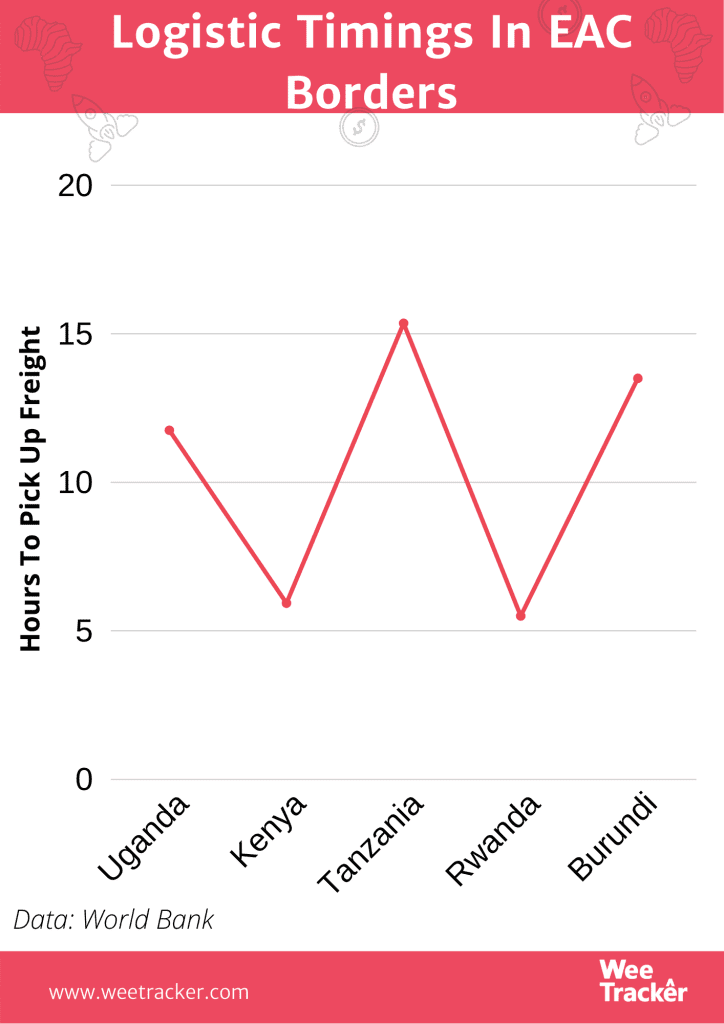Coronavirus Is Driving A Wedge Between East Africa & Its Trucking Sector

Before now, there were already truncated relations between the member countries of the East African Community (EAC). In addition to the current state of economics in Africa, the cross-border trucking relations between these countries are stifled by a coronavirus-inspired debacle.
This is similar to how the global pandemic is causing a ruckus in the business relations between Africa and China.
Testing Positive
This week, the governments of Uganda and South Sudan deported a Tanzanian and Kenyan who tested positive for coronavirus. Such repatriations are discouraged by the World Health Organization (WHO) as regards handling the pandemic.
The result of these deportations is the EAC’s common market and free movement protocols being put to a difficult test. Making matters more complicated, South Sudan’s task force evacuated 2 sick Kenyan nationals by air.
Indeed, these moves were prompted by a spike in the amount of East African truck drivers who tested positive for the virus. In Uganda alone, 1,000 trucking entries are made on a daily basis carrying goods. The nation is landlocked and has since moved to contain COVID-19 spread.
A 27-year-old Kenyan truck driver reportedly tested positive for coronavirus among the 372 truck drivers that were tested on April 25th, 2020. Uganda’s Health Services decided to transport him back home for treatment.
As of last week Friday, 5 of the 11 new cases confirmed in Uganda were 5 Kenyan and 6 were Tanzanian. The former entered Kampala via the Mutukula border post while the latter went through the Malaba and Busia border posts. Still, it is unclear how they contracted the virus.
Trucking In The East
Indeed, trucking is the lifeblood of the EAC, an alliance which also includes Burundi and Rwanda. Daily, thousands of freight trucks go through East African borders in a yielding network of international trade.
The sector’s promise is winning investors over, as evident in the huge funding rounds hurled in by “uber for trucks”.
However, there are barriers to trade, which at this point run up shipping costs and cripples the expected growth in the region.
A report from the Kenya-based Eastern Africa Policy Centre (EAPC) shows that driving a standard 20-ton container from Mombasa, Kenya to Kigali, Rwanda costs between USD 3,400 to USD 6,500.
Another problem is the amount of time it takes to pick up freights in the borders of East African countries. Highly complex clearance procedures cause delays and severe logistical constraints. For example, some 52 documents and signatures are required for a single trip between Mombasa, Kenya, and Kigali, Rwanda.

Because of the virus problem, Kampala has asked companies to recruit local trucking staff with new directives. But this is not something the Kenya Transporters Association embrace. That’s because it will only add to the already existing trucking cost problems.
By using multiple drivers in single haulages, the cost of transporting goods would climb further, save the compromise of security and a litany of other resulting inefficiencies. Reasons for the already existing high costs tariffs, various fees, corruption, and wait times averaging 13 hours just to cross a border.
Regarding costs to trade in East Africa, over 70 percent of traded goods pass along two major highways of the East African Community. High shipping costs suppress employment, stifle growth, and prevent African entrepreneurs from reaching foreign markets.

In trucking, East African countries are among the most improved countries between 2014 and 2016. Kenya, Rwanda, and Uganda out-perform their income group peers. This is mainly due to port and border post improvements, transit management reforms, reduction in en-route physical checks and controls.
Long Distances
Article 23, 26, and 27 of WHO’s International Health Regulations (IHR) 2005 direct that travellers found in a health-risk declared area should be treated at the place where they were diagnosed of the illness. Some EAC countries appear to have gone the other way, causing rife.
Kenya’s Ministry of Health says, however, it finds it inappropriate to repatriate coronavirus patients because of the risk involved while on transit. Similarly, Uganda has said that the Kenyan truck driver reportedly deported returned to his home of his own volition.
Currently, some Kenyan patients are receiving treatment at the country’s Mulagos and Entebbe hospitals. Kenya, on its part, had mandated for coronavirus testing at borders for drivers. According to the guidelines, positively-testing drivers should be isolated and the transport firms would look for a replacement.
For Kampala, long-distance drivers have become a concern, as they have proved to be the most source of imported coronavirus cases.
International trade volumes of EAC countries have increased significantly in recent years. For instance, over the period between 2010 and 2014, total trade increased from USD 3.7 Bn to USD 5.6 Bn. But there’s no telling what the recent coronavirus kerfuffle would do to these numbers.